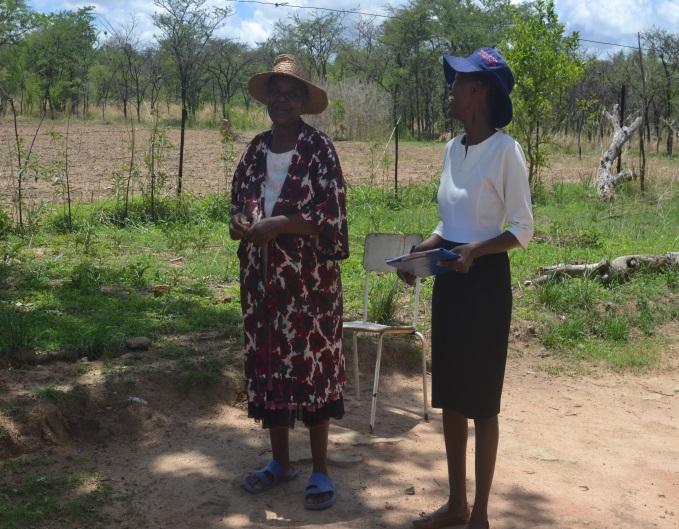Gugulethu Tarakini
Other projects
15 Jan 2021
Improving Floral Rewards Through Habitat Diversification for Bees in Zvimba District of Zimbabwe
The overall aim of the study is to raise awareness towards pollinator conservation and further identify alternative agricultural techniques that promote pollinator conservation without compromising food production.
The project will use a participatory approach with local farmers, government agencies, NGOs and conservationists in addressing all the specific objectives of the study which are:-
1. Characterizing current agricultural practices in Murombedzi communal area and assessing pollinator abundance.
2. Assessing Apis mellifera and Liotrigona parvula abundances in differently managed agro ecosystems.
3. Undertaking pollinator awareness campaigns.
4. To compare honey production from bee hives sited in mixed and diversified cropping systems versus monoculture systems.

The subject of plant-pollinator networks has been of interest due to the realisation of its major influences on food security and ecosystem stability. Zimbabwe’s economy is agro-based with most of the land under agriculture hence most pristine land has been converted to monoculture systems with low floral diversity to sustain diverse pollinators. Furthermore, pesticide applications in these systems have been linked to pollinator declines. The immediate scientific gaps to be closed includes the description of an agricultural system that support highest abundance and diversity of pollinators, inventory of pollinators as well as information on the conservation statuses of important species for pollination. As such, the project seeks to assess best agricultural practices for pollinator conservation by sampling pollinators in the different systems as well as assessing their honey production capacities.
The project will also assess effectiveness of an intercropping agricultural system in conserving pollinators. In this system, major crop is strategically intercropped with entomophilus crops to increase pollinator forage. The study will focus on two honey bee species Apis mellifera and Liotrigona parvula which are amongst the most important species for pollination and honey production, but their conservation statuses is currently unknown and are amongst the most affected by agricultural activities. A field day will be conducted in which farmers and relevant stakeholders will participate in the evaluation of different cropping practices and their observed benefits towards pollinators through assessments of honey production, crop yield and pollinator abundances.
Additionally, the project aims to build capacity in rural communities so that they can embark on agricultural practices which conserve pollinators. The project will conduct farmer field schools so as to provide hands-on education and empowerment of local farming communities on alternative agricultural activities already known that promote pollinator conservation.
Lastly, a final workshop will also be held with a combined group of participating farmers, extension agents, local government officials and non-governmental organizations to disseminate research findings.
The project is expected to lead to the following outputs, inventory of pollinator species, data on abundance and diversities in different agro ecosystems will inform us on the vulnerability of the pollinators as well as recommendations for best agricultural practices for pollinator conservation.
Improvement in pollinator conservation will result in an increase in food due to enhanced crop and wild plant reproduction thus contributing to eradication of poverty and improvement in food and nutrition security hence fulfilling sustainable development goal (SDG) 1 and 2. Improved pollination for wild plants will also lead to an increase in ecosystem stability and biodiversity.